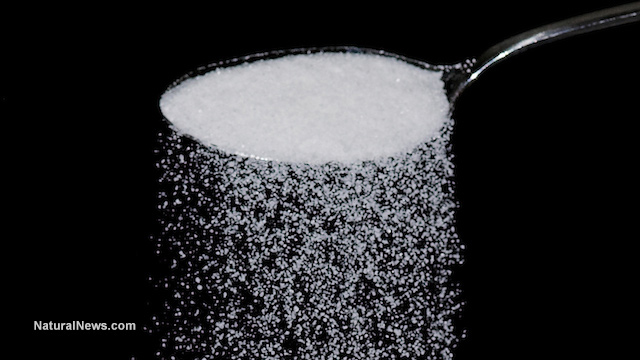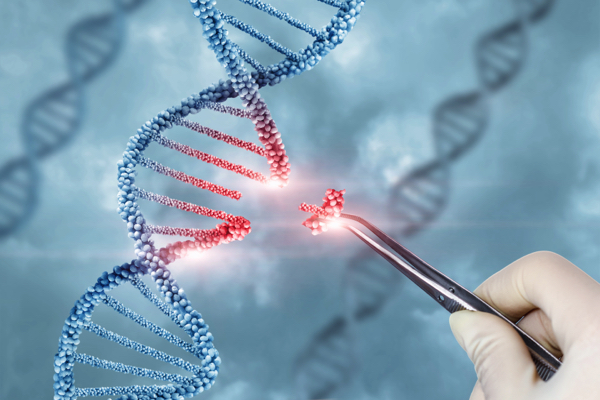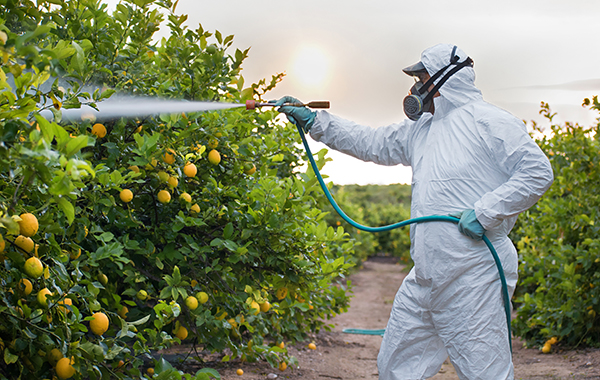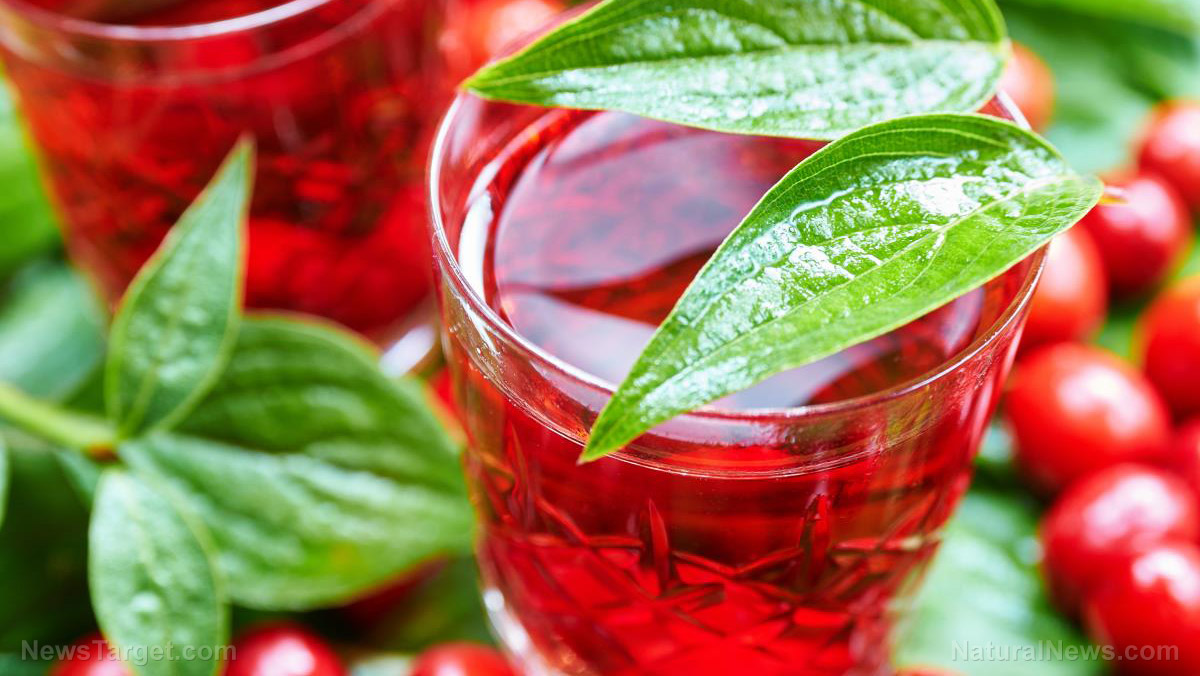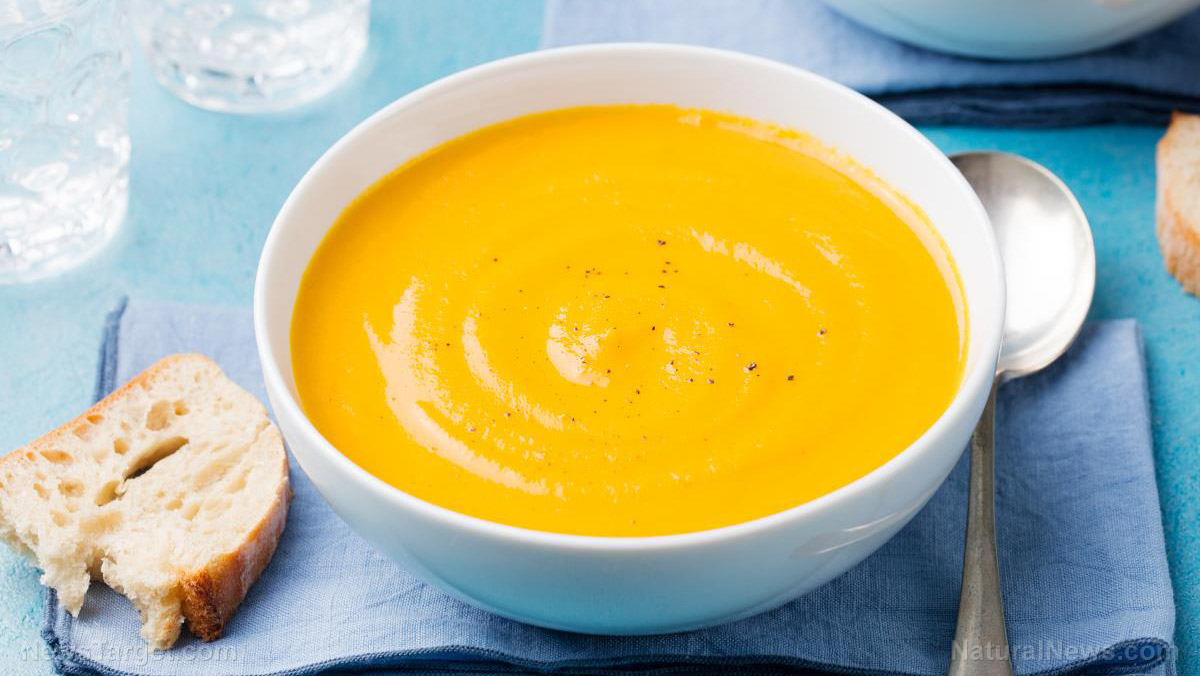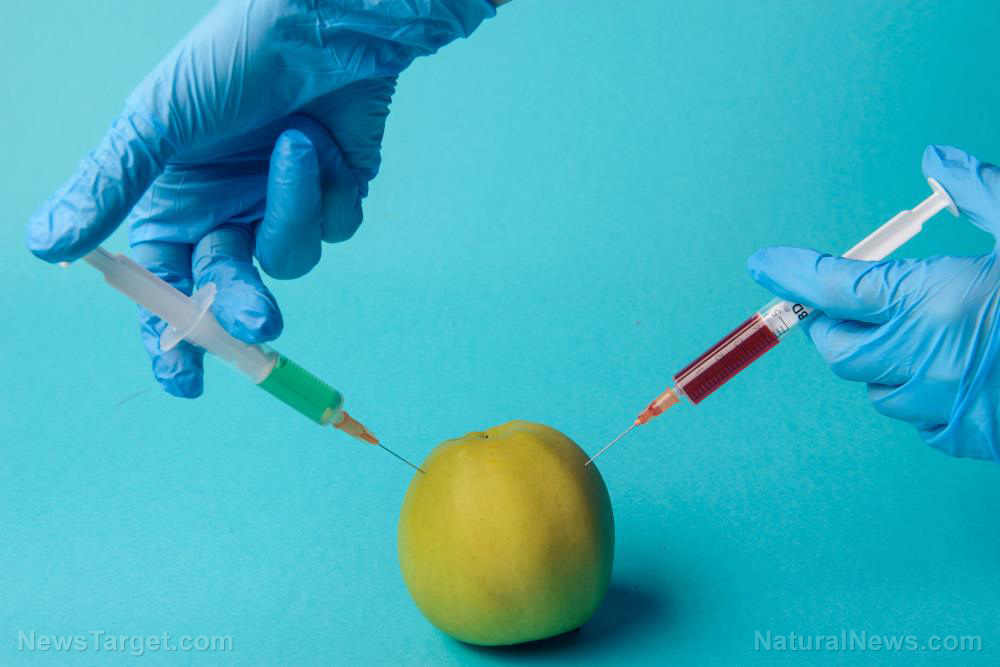Allspice is LOADED with vitamins and minerals and provides surprising health benefits
11/16/2023 / By Arsenio Toledo

Allspice, also known as pimienta, newspice or Jamaicain spice, is a wonderful spice with a unique flavor profile that has been described as being a blend of many different spices – hence its name. Allspice has been consumed and used for centuries in the Americas for the surprising health benefits these tiny spices provide.
Native to Jamaica, Mexico and the tropical regions of South and Central America, allspice was named as such because the British said its taste and flavor resembled a combination of cloves, cinnamon, pepper and nutmeg. Others have reported allspice being similar to juniper and black pepper as well.
Allspice is now commercially grown in other parts of the Americas, including Cuba, Honduras and Trinidad and Tobago. It is produced by picking the berries from the Pimenta dioica tree’s small flowers and then drying them in the sun until they are fully browned.
Just a teaspoonful of allspice – which is either sold ground or whole – contains a host of very beneficial nutrients, with six of the most common being manganese, fiber, calcium, iron, vitamin B5 (pantothenic acid) and copper.
Manganese contributes to protecting cells from damage and is an essential nutrient for healthy bones and connective tissue. Fiber is crucial for healthy bowel function and can even protect hearts, prevent the development of diabetes and reduce the risk of certain types of cancer.
Calcium is essential for healthy bones and teeth. Iron contributes to a healthy immune system. Vitamin B5 improves mental performance and energy creation. Copper protects cells from damaging free radicals.
Allspice helps manage symptoms of menopause and treats cancer
Today, allspice is mostly used as a seasoning for meats, desserts and liqueurs. But this amazing spice is also known for its many health benefits.
Allspice has been used for centuries as a complementary herbal remedy for women going through menopause. Studies show that allspice extract can bind to estrogen receptors, allowing women to trick their bodies into thinking that their estrogen levels are higher than they actually are, thus helping manage symptoms like hot flashes, night sweats, sleep disturbances, mood disorders and unintentional weight gain.
Allspice also has a variety of beneficial plant compounds, like ericifolin, eugenol, gallic acid and quercetin. Some of these compounds are known for their potential cancer-fighting properties.
Test-tube and animal studies have also shown that the four previously mentioned plant compounds may prevent the spread of tumors, decrease tumor growth and promote apoptosis, or the death of cancerous cells.
Allspice’s anticancer properties have been studied on certain cancers, including breast and prostate. Several breast cancer studies suggest that allspice extract promotes autophagy, or the process by which a body eats unnecessary or damaged cells, including cancerous cells.
The ability of allspice extract to inhibit the growth of the bacterium known as Helicobacter pylori also affects gastric cancer cell lines, and allspice’s ability to promote cell death has also affected prostate cancer cells. (Related: Allspice herb can help men prevent prostate cancer.)
Allspice’s anticancer effects have also been studied for other types of cancer, including duodenal and colon, with their effects varying depending on the type of cancer.
Watch this video from the Health Ranger Store to learn more about 10 other different herbs and spices for people to optimize their health.
This video is from the Health Ranger Store channel on Brighteon.com.
More related stories:
Using certain spices on raw chicken meat can reduce or prevent microbial growth.
What are the best clove substitutes?
Essential oils in common spices kill sickness-causing germs in food.
Sources include:
Submit a correction >>
Tagged Under:
allspice, anticancer, breast cancer, cancer cures, food cures, food is medicine, food science, herbal medicine, Herbs, menopause, natural cures, natural health, natural ingredients, natural medicine, nutrients, organics, Prostate cancer, remedies, spices
This article may contain statements that reflect the opinion of the author
RECENT NEWS & ARTICLES
HealthScience.News is a fact-based public education website published by Health Science News Features, LLC.
All content copyright © 2018 by Health Science News Features, LLC.
Contact Us with Tips or Corrections
All trademarks, registered trademarks and servicemarks mentioned on this site are the property of their respective owners.

